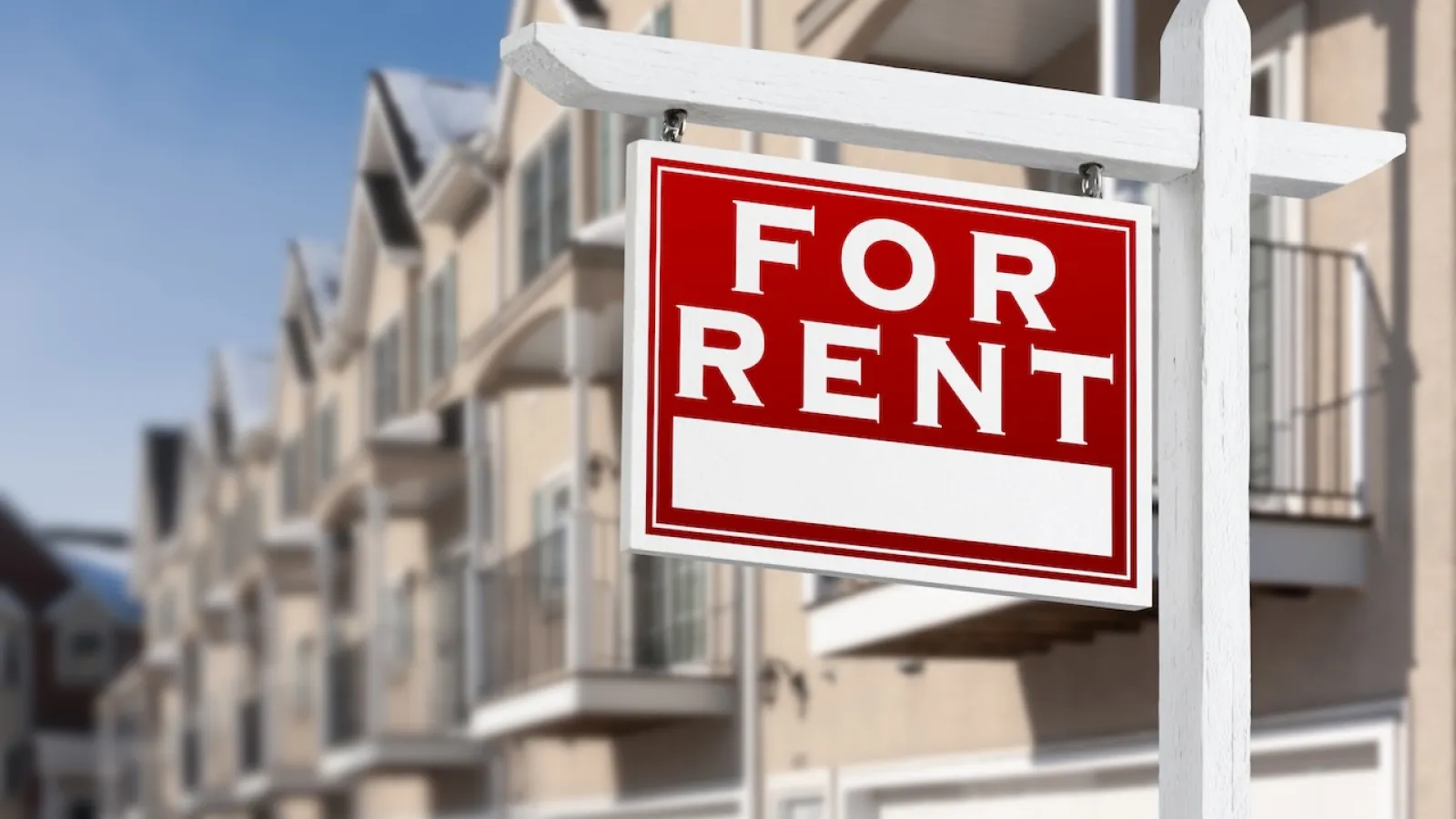
7 Tips for Renting Your House Out for the First Time
Renting your house out for the first time can be both exciting and daunting. Whether you're looking to earn extra income through Airbnb, find long-term renters, or share your space with roommates, there are several key steps you'll need to follow to ensure a smooth experience.
This guide will walk you through seven essential tips for renting your house out and having a successful time doing it!
Research the Market
Before renting your house out, it's crucial to research the local rental market. Understanding the going rates for similar properties in your area will help you set competitive pricing. You can put your unit specs into the Zillow Rent function and compare other local listings to make sure you're not over or under-pricing your rental.
Competitive Pricing Strategies
Look at online listings, talk to local real estate agents, and consider the amenities your property offers compared to others. Are you offering a unique view or additional features that can justify a higher price?
Seasonal Demand and Timing
Keep in mind that rental prices can fluctuate based on the season. For example, vacation properties might fetch higher rates during holiday seasons. Tailoring your pricing strategy to these trends can maximize your rental income.
Prepare the Property
A clean, well-maintained property attracts better tenants. Start with a deep clean of your house and address any necessary repairs. This could range from fixing leaky faucets to repainting walls.
Furnishing and Decor
If you're renting out a furnished property, make sure the furniture is in good condition. Opt for neutral decor that appeals to a wide range of tastes. High-quality photos of your well-prepared property can make a significant impact on potential renters.
Safety and Security
Ensure that your property meets all safety regulations. Install smoke detectors, carbon monoxide detectors, and provide fire extinguishers. Secure locks on all doors and windows can also give renters peace of mind.
Set Clear Rental Terms
A clear rental agreement sets the foundation for successfully renting your house out. Outline the terms and conditions, including the duration of the lease, rental amount, payment due dates, and late fees.
You can use software like Avail or Buildium to create a lease agreement that follows all local, state, and national laws.
House Rules and Expectations
Define house rules regarding noise levels, pet policies, and maintenance responsibilities. Clearly stating these expectations helps prevent misunderstandings down the line.
Communication Channels
Establish a reliable method of communication with your tenants. Whether it's via email, phone, or a property management platform, clear communication can resolve issues quickly and help maintain a positive relationship.
Study & Understand Applicable Laws
Familiarize yourself with local and state rental laws. These may include tenant rights, lease requirements, and eviction procedures. Understanding these laws is crucial to avoid legal complications.
Fair Housing Laws
Ensure that your rental practices comply with fair housing laws, which prohibit discrimination based on race, color, religion, sex, national origin, disability, and family status.
Tax Implications
Renting out your property can have tax implications. Consult with a tax professional to understand how rental income will be taxed and what deductions you may be eligible for.
Look into Property Management Options
Decide whether you want to manage the property yourself or hire a property management company. Self-management can save money but requires more time and effort.
Benefits of Property Management Companies
Property management companies handle tasks such as tenant screening, rent collection, and maintenance. This can be especially beneficial if you don't live locally or prefer a hands-off approach.
Choosing the Right Property Manager
If you opt for a property management company when renting your house out, do your research. Look for reputable companies with good reviews and reasonable fees. Clear communication and transparency are key.
Plan for Maintenance and Emergency Costs
Unexpected maintenance issues can arise at any time. Set aside a portion of your rental income to cover routine maintenance and emergency repairs.
Regular Inspections
Conduct regular inspections to catch potential issues early. This proactive approach can prevent small problems from becoming costly repairs.
Emergency Contacts
Have a list of reliable contractors and emergency services. Providing tenants with this information ensures they know who to contact in case of urgent repairs.
Rent a Local Storage Unit
Renting a local storage unit can help you declutter your home and create a more appealing rental space. Store personal items and unnecessary furniture to make the property look more spacious and inviting.
Protecting Your Belongings
A storage unit keeps your belongings in an off-site location while renting out your property so you don't have to worry about having to get rid of that arm chair you hope to someday use again. Choose a storage facility with 24-hour surveillance for peace of mind.
Flexible Solutions
Local storage units offer flexible rental terms, so you can store your items for as long as needed. This added convenience makes it easier to prepare your home for renters and keep it in top condition.
Get Your House Rental-Ready With Midgard!
From researching the market to understanding rental laws, following these tips will help you navigate the process successfully. And with Midgard's convenient storage solutions, you can declutter and store your belongings while making your property more attractive to potential renters.
Get started today and let Midgard help make your rental experience a success!
